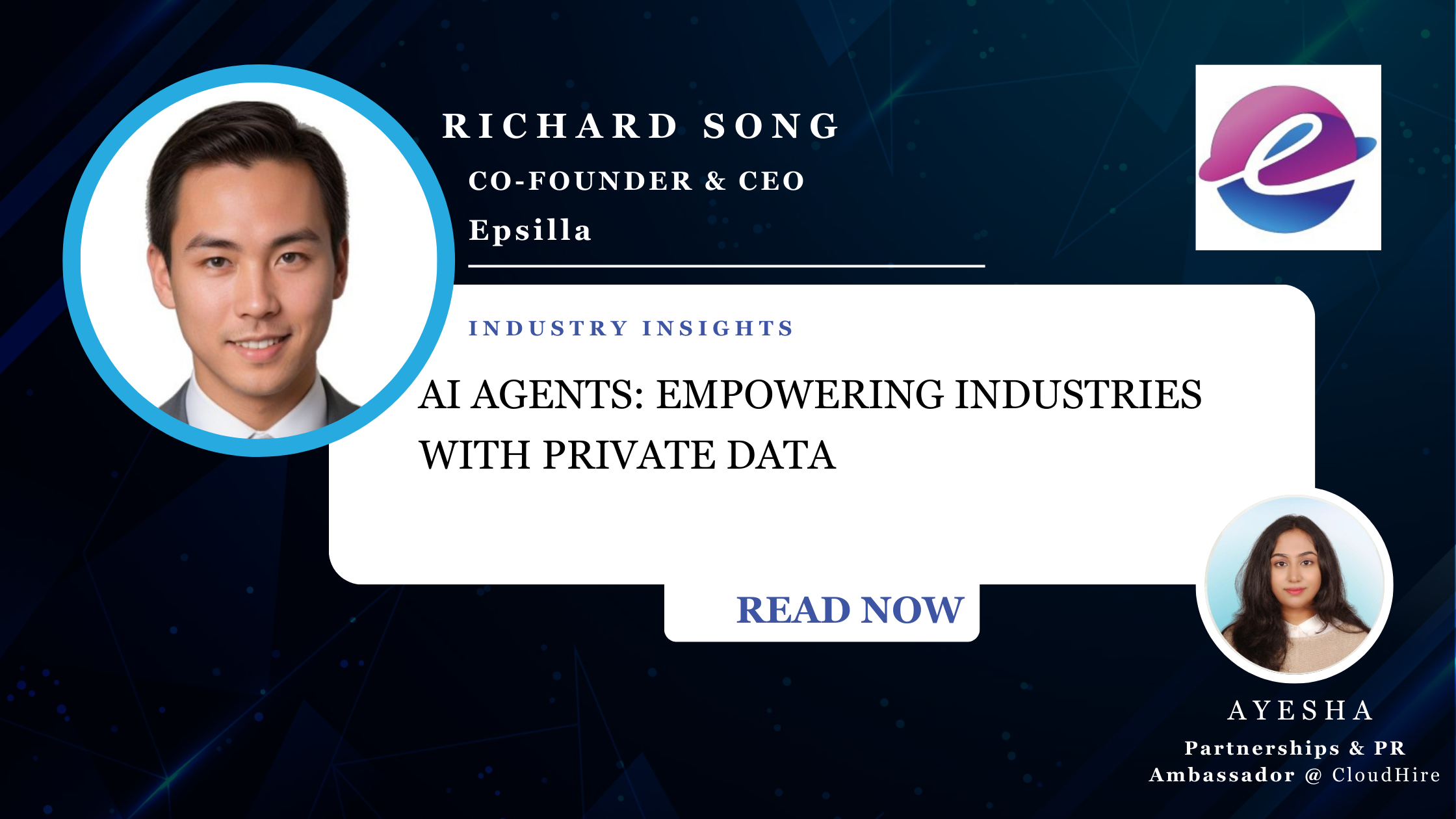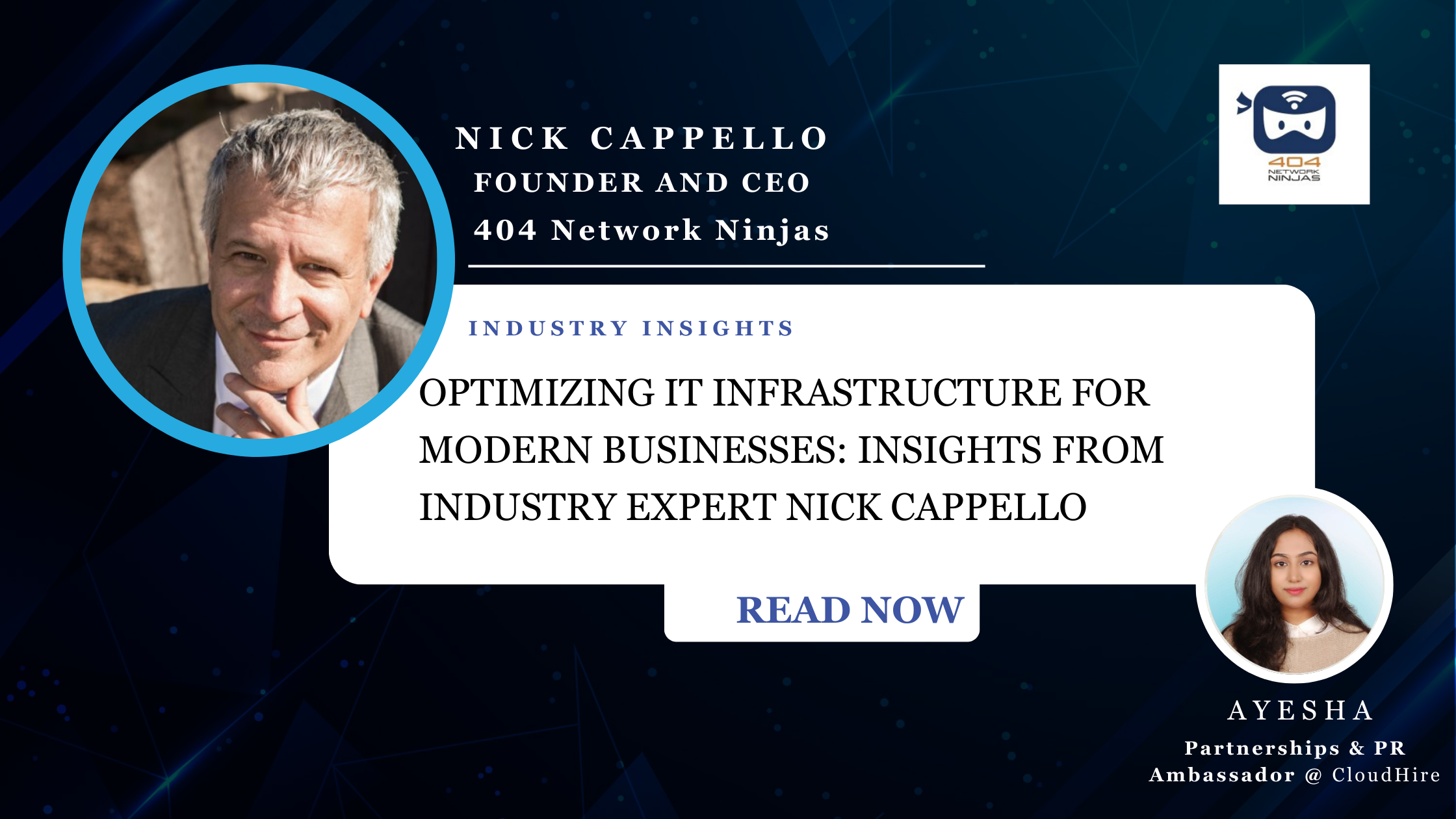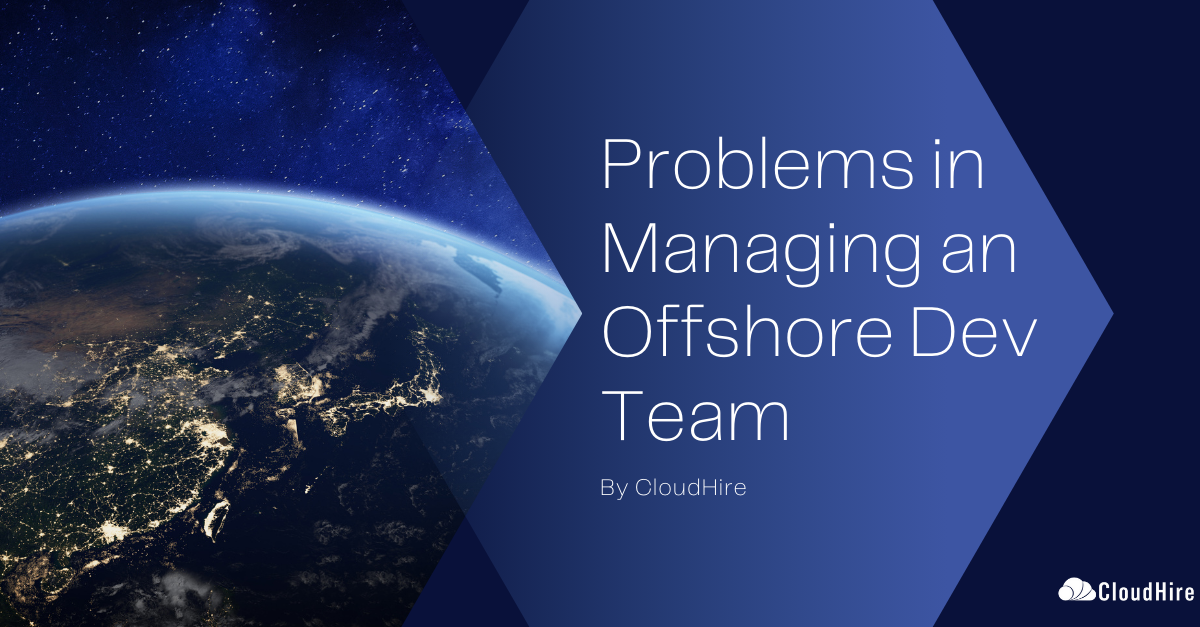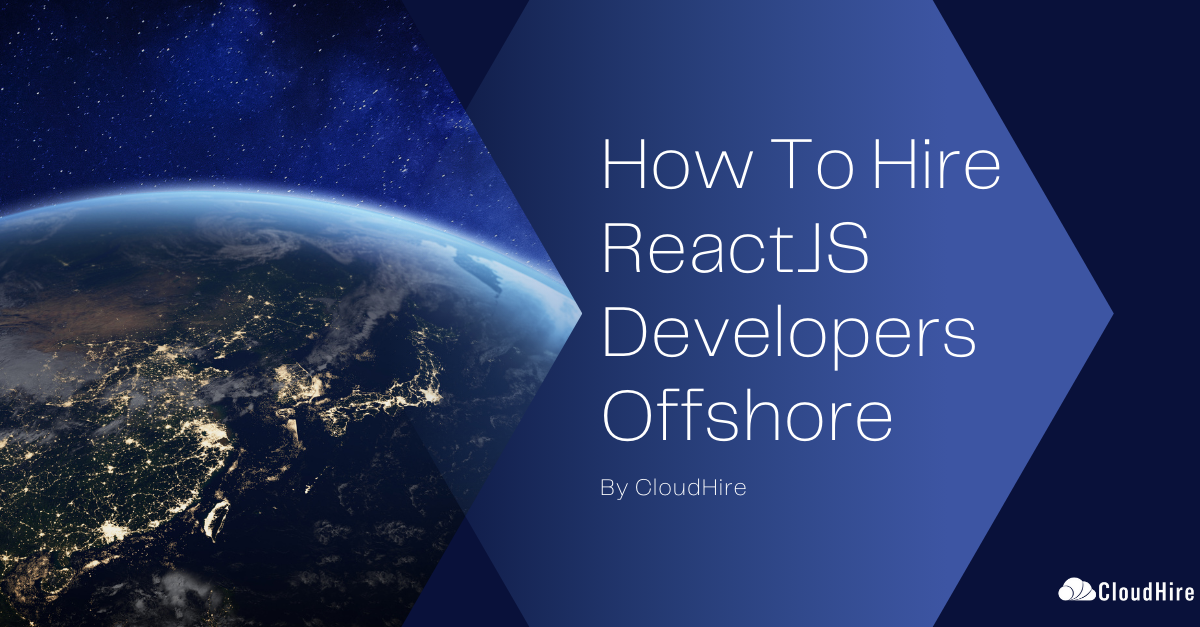Today’s rapidly evolving technological landscape is a witness to artificial intelligence (AI) no longer being a futuristic concept but a present reality reshaping industries across the board. As businesses strive to stay competitive, the integration of AI into their operations has become not just an option, but a necessity. However, the challenge lies in harnessing AI’s power while maintaining control over proprietary data and knowledge. This is where companies like Epsilla, co-founded by Richard Song, are making significant strides.
The Rise of AI Agents in Business
AI agents, powered by advanced machine learning algorithms and natural language processing, are becoming indispensable tools for businesses looking to enhance efficiency and decision-making processes. These intelligent systems can analyze vast amounts of data, learn from patterns, and provide valuable insights that were previously time-consuming or impossible for humans to derive.
Epsilla, an all-in-one platform for building AI agents, is at the forefront of this transformation. The company’s unique approach allows businesses to create custom AI agents powered by their private data and domain-specific knowledge. This innovation addresses a critical need in the market: the ability to leverage AI technology while maintaining control over sensitive information.
Bridging the Gap Between Domain Expertise and AI Technology
One of the most significant challenges in AI adoption is the disconnect between domain professionals and AI experts. Many businesses struggle to implement AI solutions because they lack the technical expertise, while AI specialists often don’t have the industry-specific knowledge needed to create truly valuable solutions.
Richard Song and his team at Epsilla have recognized this gap and designed their platform to be accessible to both groups. For domain professionals, the platform offers an intuitive interface that doesn’t require deep technical knowledge. At the same time, it provides the flexibility and customization options that AI experts need to fine-tune and optimize the agents for specific use cases.
This approach not only democratizes AI technology but also ensures that the resulting AI agents are tailored to the unique needs of each industry and business. As companies look to implement AI solutions, platforms like Epsilla are proving invaluable in bridging this expertise gap.
Securing Private Data in AI Applications
In an era where data breaches and privacy concerns are constantly in the headlines, businesses are understandably cautious about implementing AI solutions that require access to their proprietary information. Epsilla addresses this concern head-on by prioritizing data security and privacy in its platform design.
The company employs industry best practices for data encryption, both in transit and at rest. They also offer granular access controls, allowing businesses to determine precisely who can access different portions of their data. For industries with particularly stringent security requirements, such as finance and healthcare, Epsilla provides private cloud and on-premises deployment options, ensuring that sensitive data never leaves the client’s secure environment.
This commitment to data security is crucial for businesses looking to leverage AI without compromising their intellectual property or customer information. As AI adoption continues to grow, companies that can offer robust security measures will likely see increased trust and adoption from cautious industries.
Enhancing Workflow Efficiency Across Industries
The potential applications for AI agents are vast and varied across different sectors. In the financial industry, for instance, AI agents can automate investment research by analyzing financial reports and market data, freeing up analysts to focus on high-level strategy. In the legal sector, AI agents can assist with case research and document processing, significantly reducing the time lawyers spend on routine tasks.
Epsilla’s platform allows businesses to create AI workflows that mirror their existing processes, automating repetitive tasks and enhancing overall efficiency. This automation not only saves time but also reduces the potential for human error, leading to more accurate and consistent results.
As businesses look to streamline their operations, the ability to create custom AI agents that understand their specific workflows and data becomes increasingly valuable. This tailored approach ensures that AI solutions are not just generic tools, but integral parts of a company’s operational strategy.
The Future of Work: AI and Remote Collaboration
The global shift towards remote work has accelerated the need for tools that can facilitate seamless collaboration across distributed teams. AI agents, like those created with Epsilla’s platform, are poised to play a crucial role in this new work paradigm.
By creating AI agents trained on an employee’s expertise and domain knowledge, companies can enable 24/7 collaboration that transcends time zones and physical boundaries. These AI agents can act as always-available knowledge repositories, assisting team members and maintaining productivity even when human colleagues are offline.
This development aligns well with the services offered by companies like CloudHire, a global remote staffing company specializing in talent search, employer of record (EOR) services, and remote staffing solutions. As businesses increasingly rely on distributed teams, the combination of AI agents and expert remote staffing services can provide a powerful solution for maintaining productivity and fostering innovation.
Overcoming Adoption Challenges
Despite the clear benefits of AI agents, many businesses still face challenges in adopting this technology. One significant hurdle is the skepticism born from experiences with shallow AI solutions that failed to deliver on their promises. To overcome this, companies like Epsilla are focusing on educating the market about the tangible benefits of well-implemented AI solutions.
Another challenge is the rapid pace of technological advancement in the AI field. New developments emerge weekly, making it difficult for businesses to keep up and determine which solutions are worth investing in. Platforms that offer flexibility and scalability, like Epsilla, help mitigate this challenge by allowing businesses to adapt their AI agents as technology evolves.
To address these challenges, businesses should:
- Start with clearly defined use cases that have measurable outcomes
- Invest in platforms that offer both ease of use and deep customization options
- Prioritize solutions that integrate well with existing systems and workflows
- Ensure robust data security measures are in place
- Provide thorough training and support for employees using AI tools
- Regularly assess and iterate on AI implementations to ensure ongoing value
The Road Ahead: AI Agents and Industry Transformation
As AI technology continues to mature, we can expect to see even more innovative applications across various industries. Epsilla and similar companies are already exploring new frontiers in sectors such as construction, manufacturing, supply chain management, and education.
The key to successful AI implementation lies in finding the right balance between innovation and practical application. While it’s important to push the boundaries of what’s possible with AI, it’s equally crucial to ensure that these innovations translate into tangible benefits for businesses.
Companies that can successfully integrate AI agents into their operations stand to gain significant competitive advantages. From improved decision-making processes to enhanced customer experiences, the potential impacts are far-reaching.
As businesses navigate this AI-driven future, partnering with the right technology providers and talent solutions companies will be crucial. Platforms like Epsilla that offer customizable AI agents, combined with global staffing solutions from companies like CloudHire, can provide the perfect blend of cutting-edge technology and human expertise needed to thrive in an increasingly digital world.
In conclusion, AI agents powered by private data represent a significant leap forward in how businesses can leverage artificial intelligence. By addressing key concerns around data security, ease of use, and customization, companies like Epsilla are paving the way for the widespread adoption of AI across industries. As this technology continues to evolve, it will undoubtedly play a central role in shaping the future of work and business operations.








